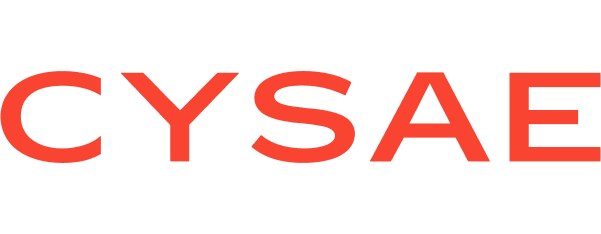In a highly competitive business environment, attracting and retaining talent is essential for the success of any company, especially in startups and tech companies. To achieve this, many companies rely on performance-based compensation, such as stock options or phantom shares. Although both mechanisms offer similar benefits tied to the company’s growth, they differ in characteristics and the specific benefits they offer to the business. So, which is the best fit for your business?
What are Stock Options?
Stock options are a type of incentive that allows employees to buy company shares at a set price, generally lower than the market value. However, they do not receive the shares immediately. Instead, they are granted the right to purchase them at a later time, benefiting from the future increase in share value.
Advantages:
- Growth Incentive: Stock options align the interests of employees with those of the company, as the value of their options depends directly on the company’s success. Employees then have an incentive to work towards the success of the company.
- Attracting startups: This type of compensation is highly popular among startups, allowing employees to have ownership of the company’s future potential by giving them an opportunity to participate in the future success of the company without the immediate cost of ownership.
Disadvantages:
- Dilution Risk: When employees exercise their options, new shares are created, which can dilute the participation of existing shareholders.
- Tax Implications: Employees must pay taxes on the difference between the exercise price and the market value of the shares when they purchase them, which could result in a significant tax burden.
What are Phantom Shares?
Phantom shares are a compensation mechanism that allows employees to receive a reward linked to the value of company shares without actually acquiring them. In other words, phantom shares reflect the value of the company’s shares, but they do not grant voting rights or ownership.
Advantages:
- No dilution of ownership: Phantom shares do not involve issuing new shares. This means there is no dilution of the participation of existing shareholders or other investors. Instead of issuing real shares, phantom shares are typically settled through a cash payment equivalent to the value of the shares at the time they are exercised.
- Simplicity: They are easier to manage because they do not require the actual issuance of shares.
Disadvantages:
- Liquidity obligation: Phantom shares are typically settled in cash, so the company must have sufficient liquidity to meet the promised payments.
- Tax implications: Phantom shares also have tax implications when they are paid out, which can create a tax burden both for the company and for employees.
Which is the best option for your company?
The decision depends on several factors, such as the size of the company, its development stage, business model, and long-term goals.
If you are in a startup or a growth-stage company and want to motivate your employees in the long term to contribute to increasing the company’s value, stock options may be the best option.
If you prefer to avoid ownership dilution or do not want to complicate matters with the issuance of new shares, phantom shares can be a more flexible and simple alternative, without losing the link to the company’s performance.




